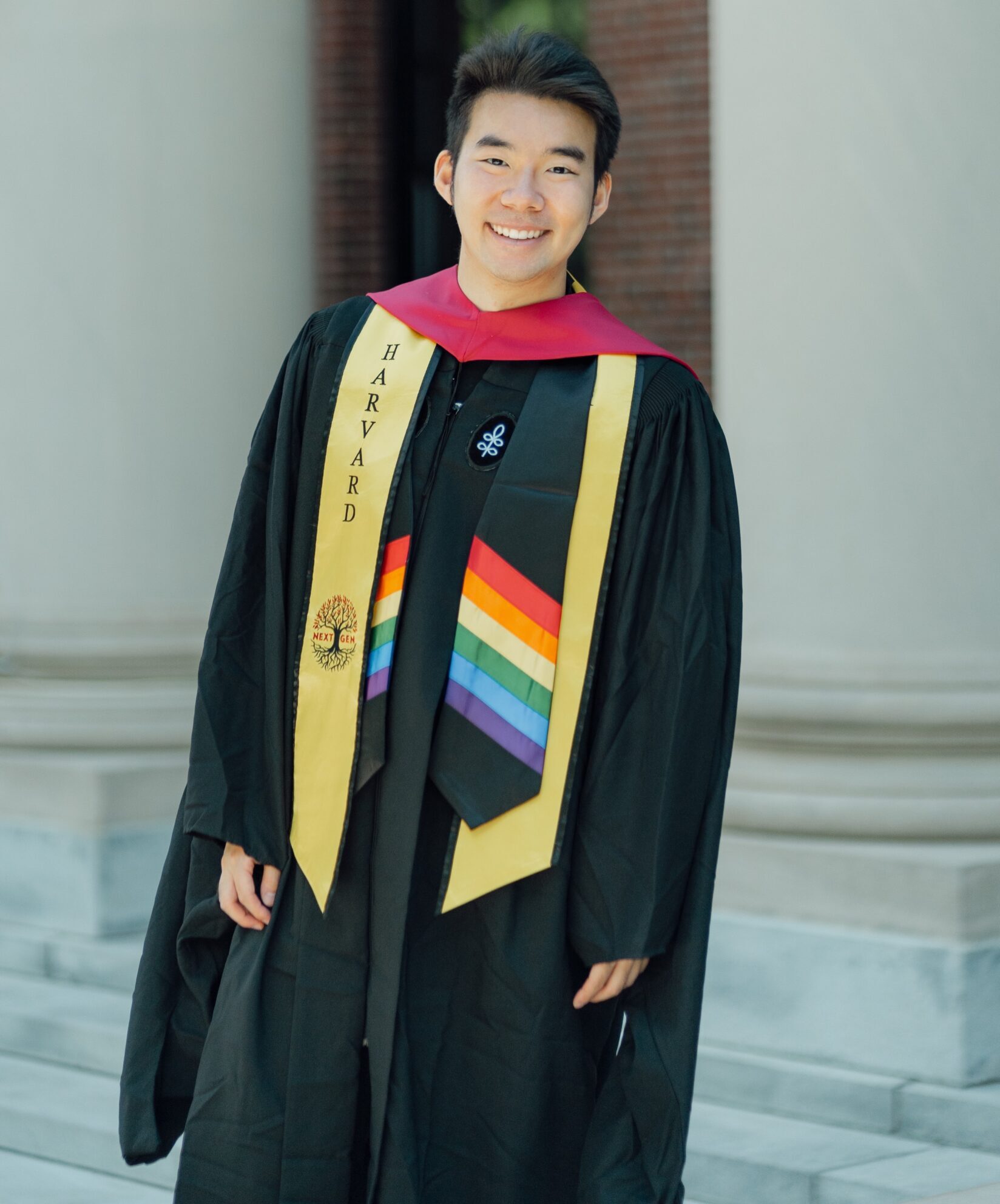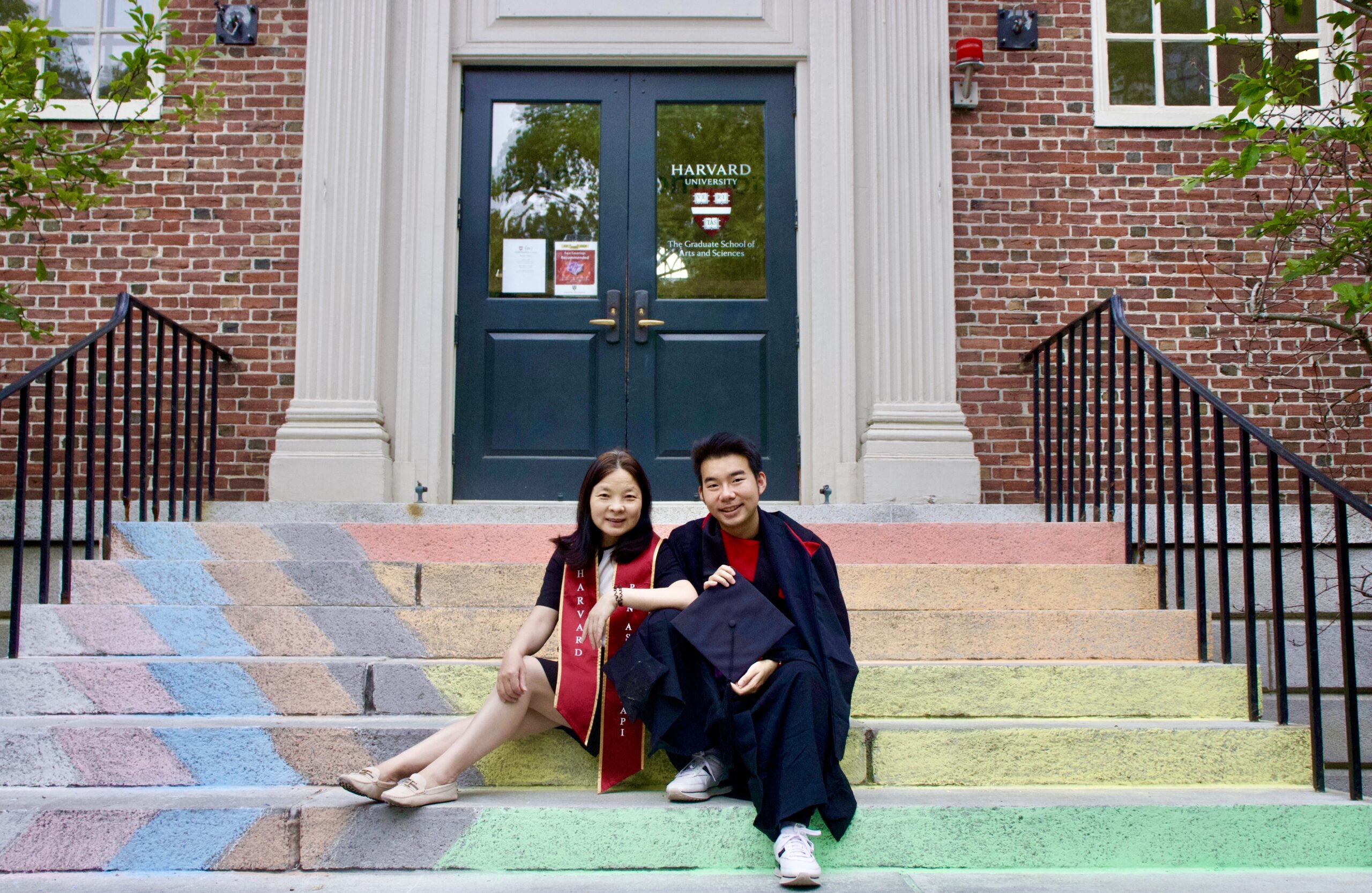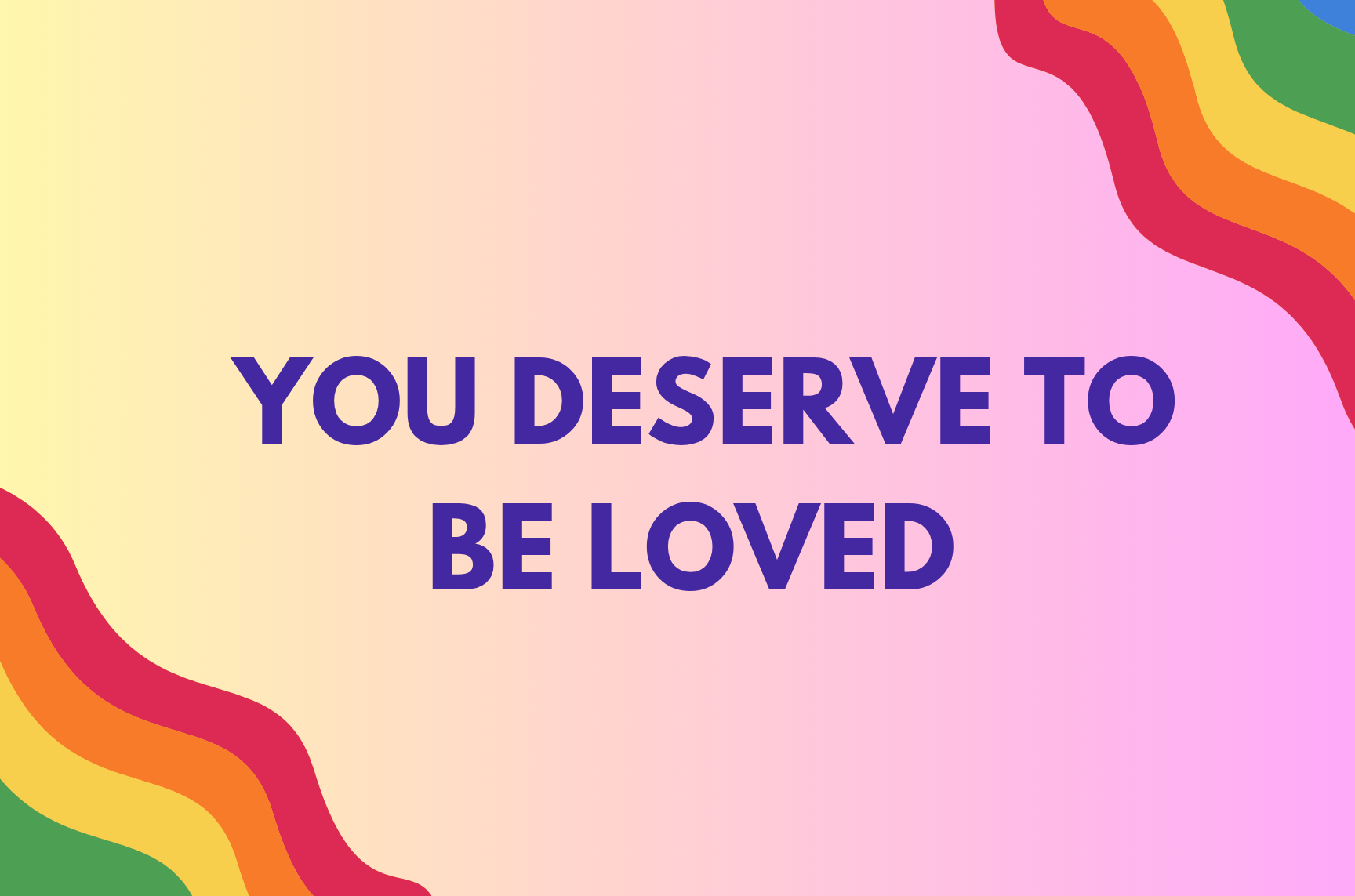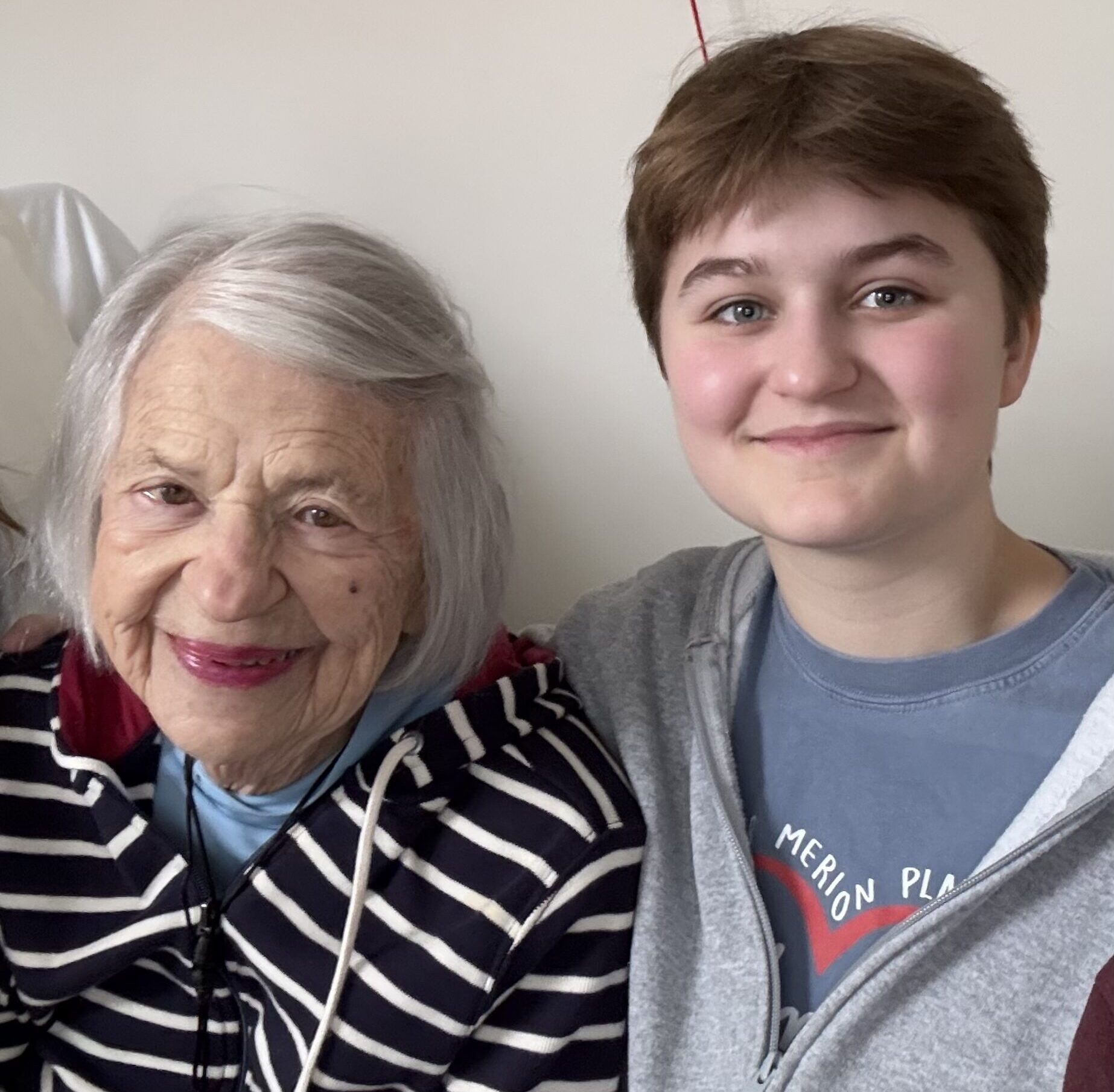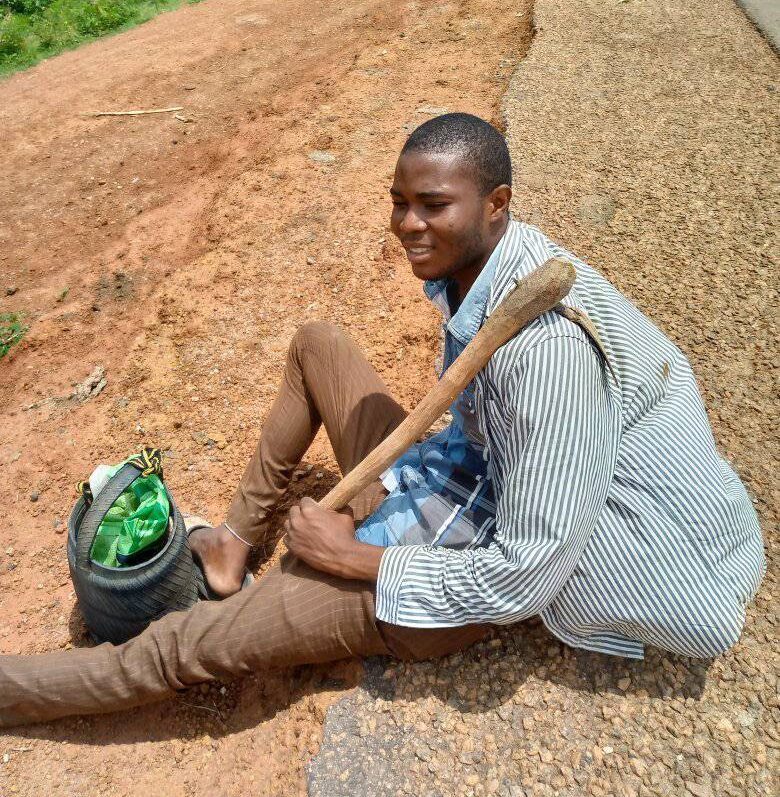“Dare you not touch our basketball!”
While my middle school classmates strived to be all-star players, their basketball was never passed to me but thrown at me. The 12-year-old me, skilled in painting and creative writing, hardly belonged to the typical boy-squad, who labeled me as “weak,” “girlie,” and “sissy.” As words and balls hit me hard, I had no choice but to leave their basketball court. I also became scared of public speaking, which always ended with booing and cursing. After teachers persuaded me to forgive those “very playful but still innocent” behaviors, I decided to be quiet and anonymous, wishing to avoid getting hurt. However, their basketball remained paradoxical to me. It could mean social acceptance if I gave up my “sissy” hobbies and pretended to be straight by picking up their basketball, but rejection and exclusion if not.
“How do you like Mariah Carey’s new album?”
As the other anonymous gay kid asked me in the corner of our music classroom, I hardly realized how our chit-chat would bring changes. We soon found our shared interests in more than listening to Mariah. We both relished in reviewing the social messages behind her tones and melodies. Back then, I consoled myself that the unpopularity of our shared passion for music was not due to our manners, hobbies, or identities, but a lack of a team – a group of passionate players like those on the basketball court. Surprisingly, my “Mariah Carey” buddy thought the same and told me multiple ways to establish a team, like a music magazine.
Our Mode Music Magazine started with only two members but soon attracted more than thirty talents within two weeks. It turned out that I was not the only one who fit in better in the art studio. What other so-called “sissy” kids and I lacked was not training in basketball, but a supportive environment where we could exchange ideas, work on projects, and make friends. My determination to make our voices heard motivated me to lead brainstorming sessions, at which I opened up dialogues about a taboo topic in Southwest China – our identities. Our co-working space served as the safe space where we created graphics emulating colors of the rainbow and wrote about LGBTQ+ advocates in music. As we recreated those “basketball values” of collaboration and consolidation, I realized that engaging marginalized students as co-designers and capacity-builders of collaborative learning experiences empower them to debunk gender/identity stereotypes and unlock leadership potentials as change-makers.
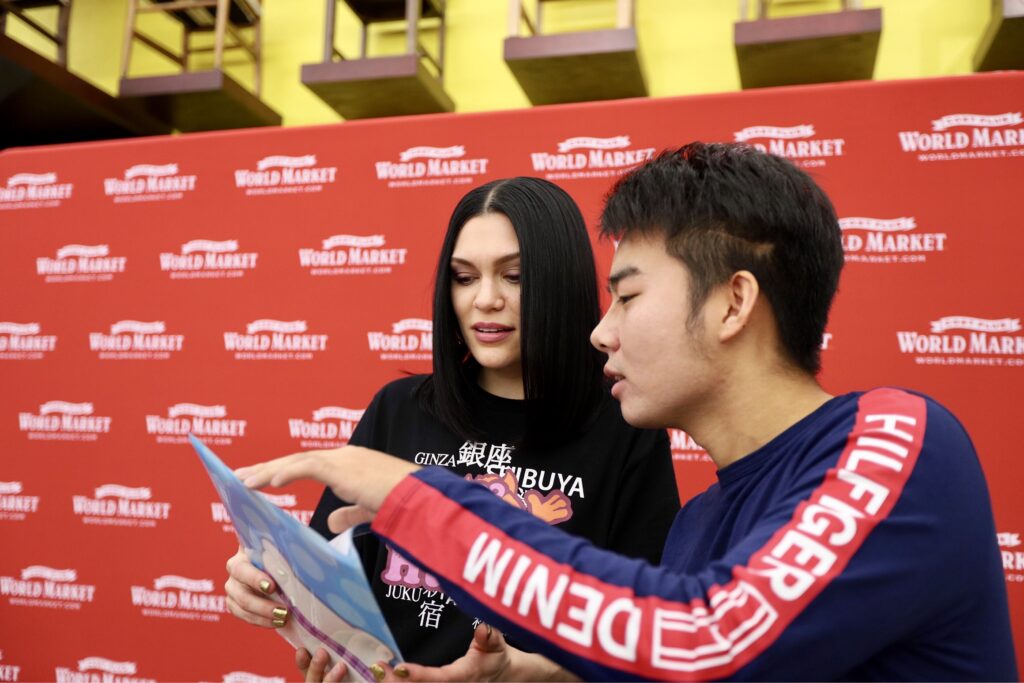
I used to wonder if we could make learning resources equally accessible to ethnic and sexual minorities through media and technology. We could certainly do so, but our focus on equality, instead of equity, might not effectively empower those challenged by distinctive circumstances and personal hardships. How should we ensure that no one will be left behind, as every learner is distinct not only in national origin and cultural background but also in sexual orientation, mental health condition, and more? To answer these questions, I decided to enroll at the Harvard Graduate School of Education and studied instructional design.
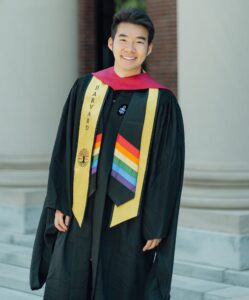
Developing a solution, or a scalable toolkit, to address educational inequities might be challenging but not daunting because that 12-year-old’s determination still echoes out loud in me. I want to embrace my gay Asian identity and encourage others to seek the same resilience. It is the resilience of learning from my own adversities to help others, crossing social and cultural boundaries to enhance collaboration, and transforming our differences into change agents. I urge all of you to express your authentic voices in whatever form of media you prefer. Once you get your voice heard, you will find that hero lies in you.




